'HS2-light': the new plan for the troubled train line
A cheaper version of the controversial rail project is being considered – but will it solve all the problems?
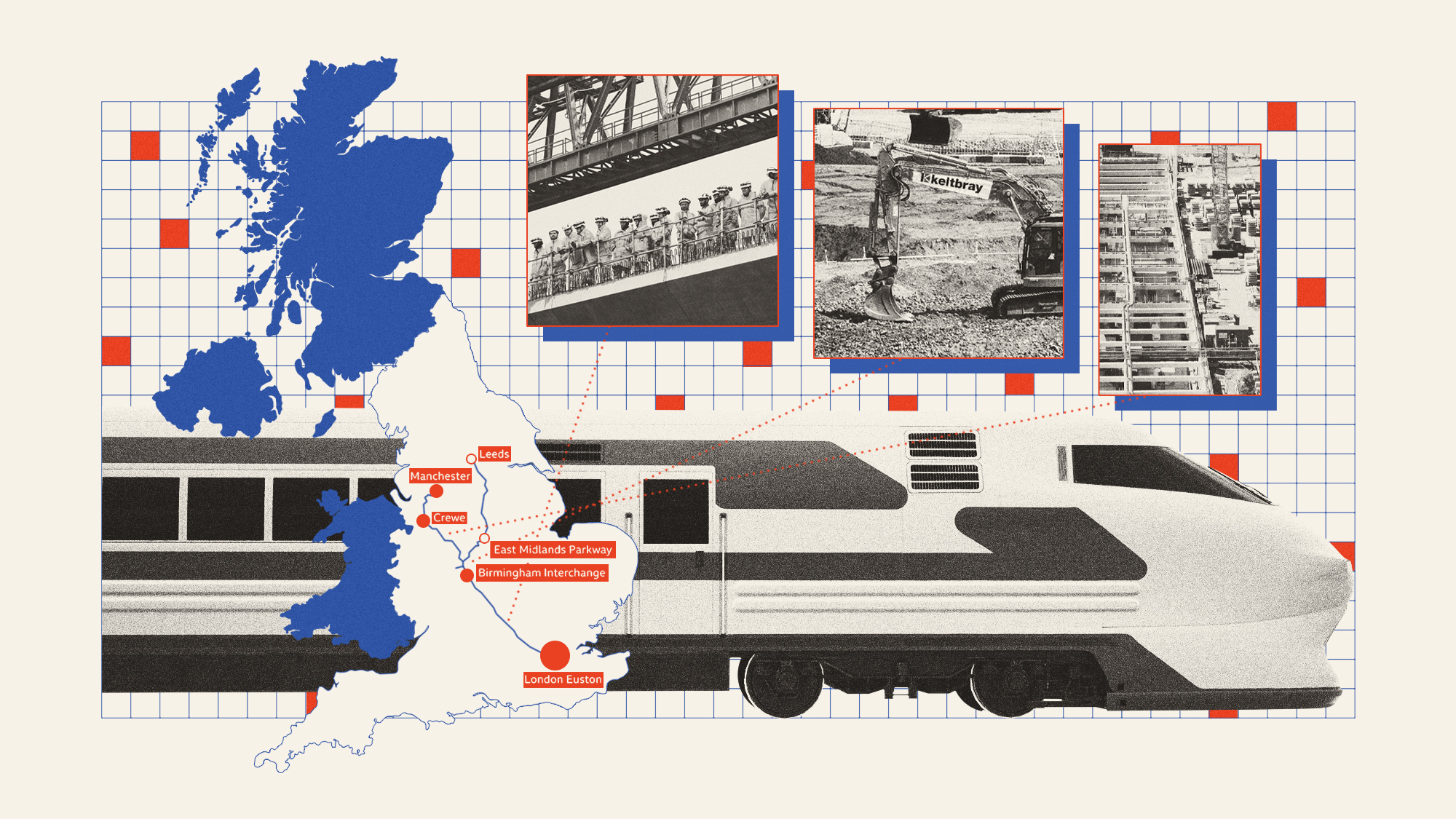
A free daily email with the biggest news stories of the day – and the best features from TheWeek.com
You are now subscribed
Your newsletter sign-up was successful
Ministers are considering an "HS2-light" railway line between Birmingham and Manchester as a new chapter opens in the long-running saga.
In a "rethink" of Rishi Sunak's decision to "entirely scrap" the high-speed line beyond Birmingham, the government is examining a plan which it hopes can be "delivered much more cheaply than the original scheme", said The Times.
What went wrong?
A government-commissioned study in 2006 concluded Britain needed greater rail capacity, but the delivery of the project was fraught with "incompetence and financial mismanagement" from the start, said Madeline Grant in The Telegraph. It left Britain looking "uniquely incapable of delivering major infrastructure projects".
The Week
Escape your echo chamber. Get the facts behind the news, plus analysis from multiple perspectives.

Sign up for The Week's Free Newsletters
From our morning news briefing to a weekly Good News Newsletter, get the best of The Week delivered directly to your inbox.
From our morning news briefing to a weekly Good News Newsletter, get the best of The Week delivered directly to your inbox.
In the original plan, trains were "going to be hurtling between 18 cities at speeds of more than 200mph", said ITV News, bringing two thirds of everyone living in northern England within two hours of central London.
But this time last year, Sunak scrapped everything apart from the line between London and Birmingham, which was already under construction – meaning "billions of pounds" of taxpayers' money was "blown" on the project, said the BBC's "Panorama".
What is the new plan?
The new scheme would see an additional section between Birmingham and Crewe in Cheshire. Although it would be slower than HS2, it would still allow trains to travel faster than the present West Coast mainline. It would be a money-saving "HS2 light", said Business Matters.
Supporters said the new line would be up to 40% cheaper to build than the previous planned HS2 link between Birmingham and Manchester, and a government source told The Times that "realistically it is the only thing to do".
In a related development, the government has "dropped its biggest hint yet" that it will fund the HS2 line to Euston as originally planned, abandoning the previous government's money-saving plan that would see the line stop at Old Oak Common in west London, said Construction Enquirer.
A free daily email with the biggest news stories of the day – and the best features from TheWeek.com
What's the reaction?
The "conundrum" over HS2 "may have been solved", wrote Ben Clatworthy, transport correspondent for The Times. The government is "embracing the true reason a new line needed to be built between London and the north", which was not "speed" but "capacity".
The union for directly employed HS2 staff, TSSA, welcomed the news that the line might run to Euston, saying it is "undoubtedly the right move" and would be a "crucial win for North-South connectivity".
The new plans could also help current disruption and overcrowding problems at Euston station, said Simon Calder, travel correspondent for The Independent. The "elephantine project intruding on the room" is the stalled HS2 on the western flank of the station. It's time to "awaken" that "zombie building site", and "get on with it".
A senior government source told Business Matters that "there is a realisation in government that what they've got at the moment is a complete dog's breakfast" and that "something needs to be done".
Chas Newkey-Burden has been part of The Week Digital team for more than a decade and a journalist for 25 years, starting out on the irreverent football weekly 90 Minutes, before moving to lifestyle magazines Loaded and Attitude. He was a columnist for The Big Issue and landed a world exclusive with David Beckham that became the weekly magazine’s bestselling issue. He now writes regularly for The Guardian, The Telegraph, The Independent, Metro, FourFourTwo and the i new site. He is also the author of a number of non-fiction books.
-
 The Olympic timekeepers keeping the Games on track
The Olympic timekeepers keeping the Games on trackUnder the Radar Swiss watchmaking giant Omega has been at the finish line of every Olympic Games for nearly 100 years
-
 Will increasing tensions with Iran boil over into war?
Will increasing tensions with Iran boil over into war?Today’s Big Question President Donald Trump has recently been threatening the country
-
 Corruption: The spy sheikh and the president
Corruption: The spy sheikh and the presidentFeature Trump is at the center of another scandal
-
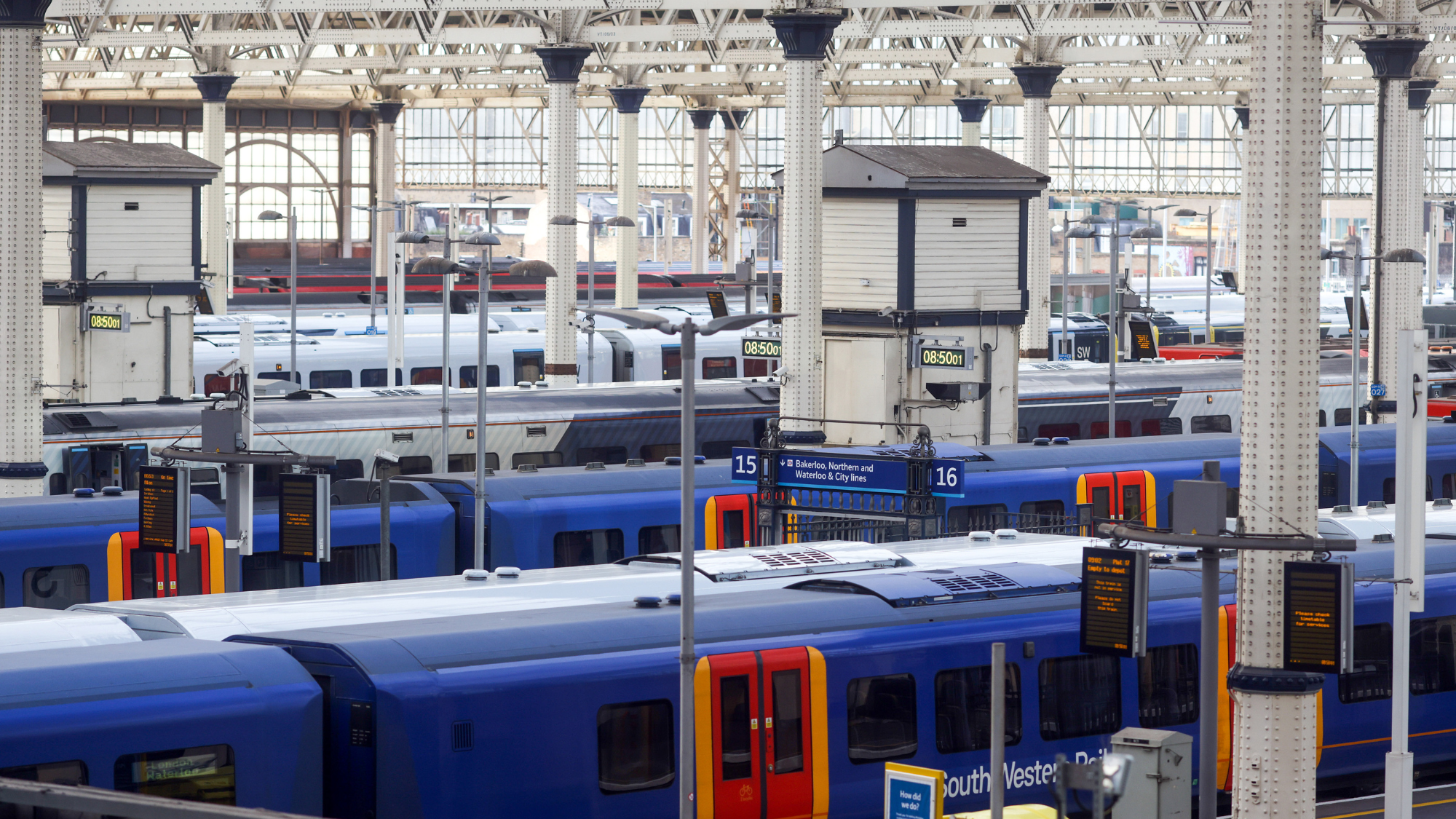 Is it finally all change for train Wi-Fi?
Is it finally all change for train Wi-Fi?In The Spotlight South Western Railway's 5G Wi-Fi service has changed the way passengers connect – but will the new system catch on?
-
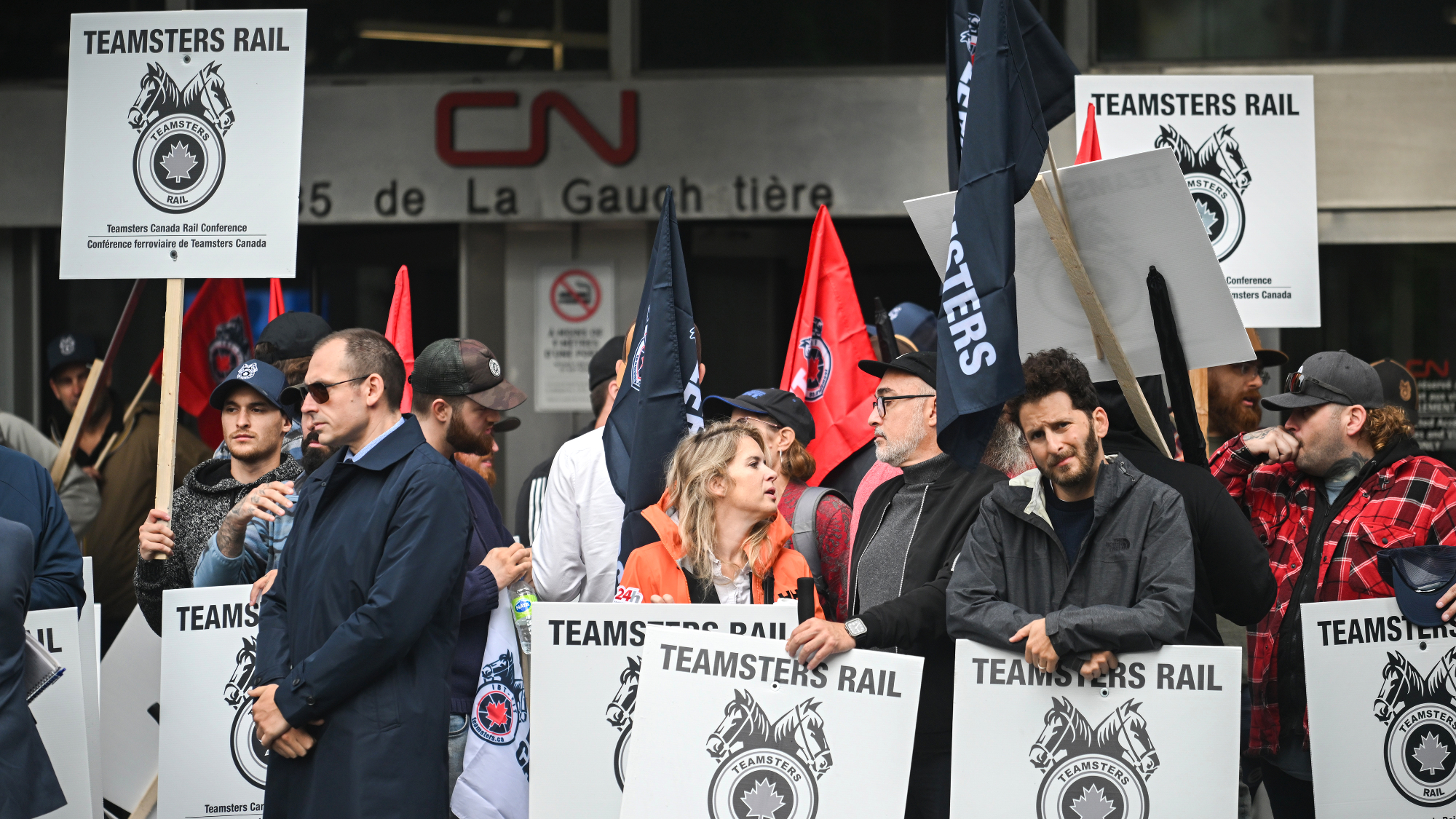 Brief Canada rail lockout ends with arbitration
Brief Canada rail lockout ends with arbitrationSpeed Read A prolonged shutdown could have threatened the country's supply chain
-
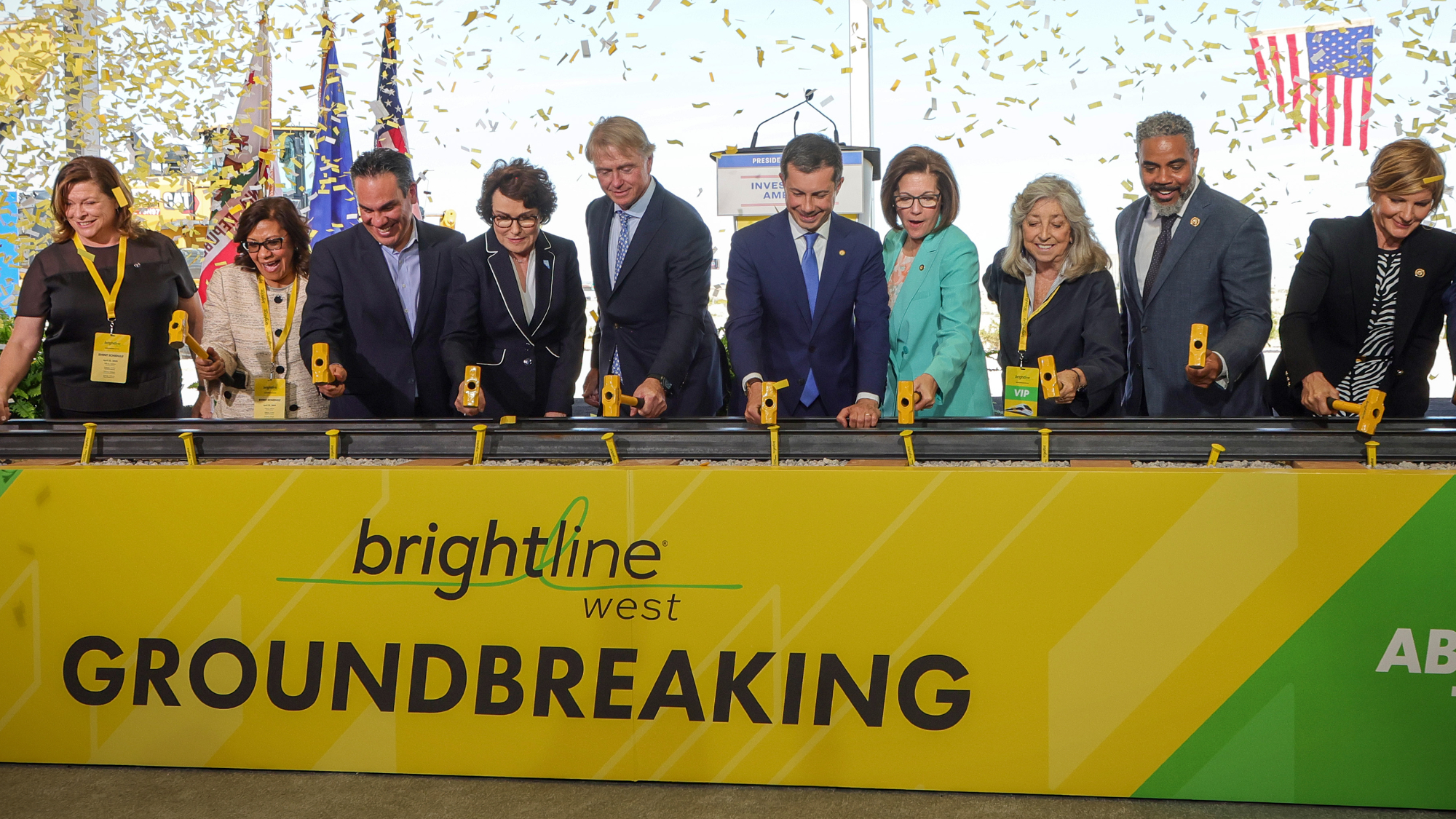 LA-to-Las Vegas high-speed rail line breaks ground
LA-to-Las Vegas high-speed rail line breaks groundSpeed Read The railway will be ready as soon as 2028
-
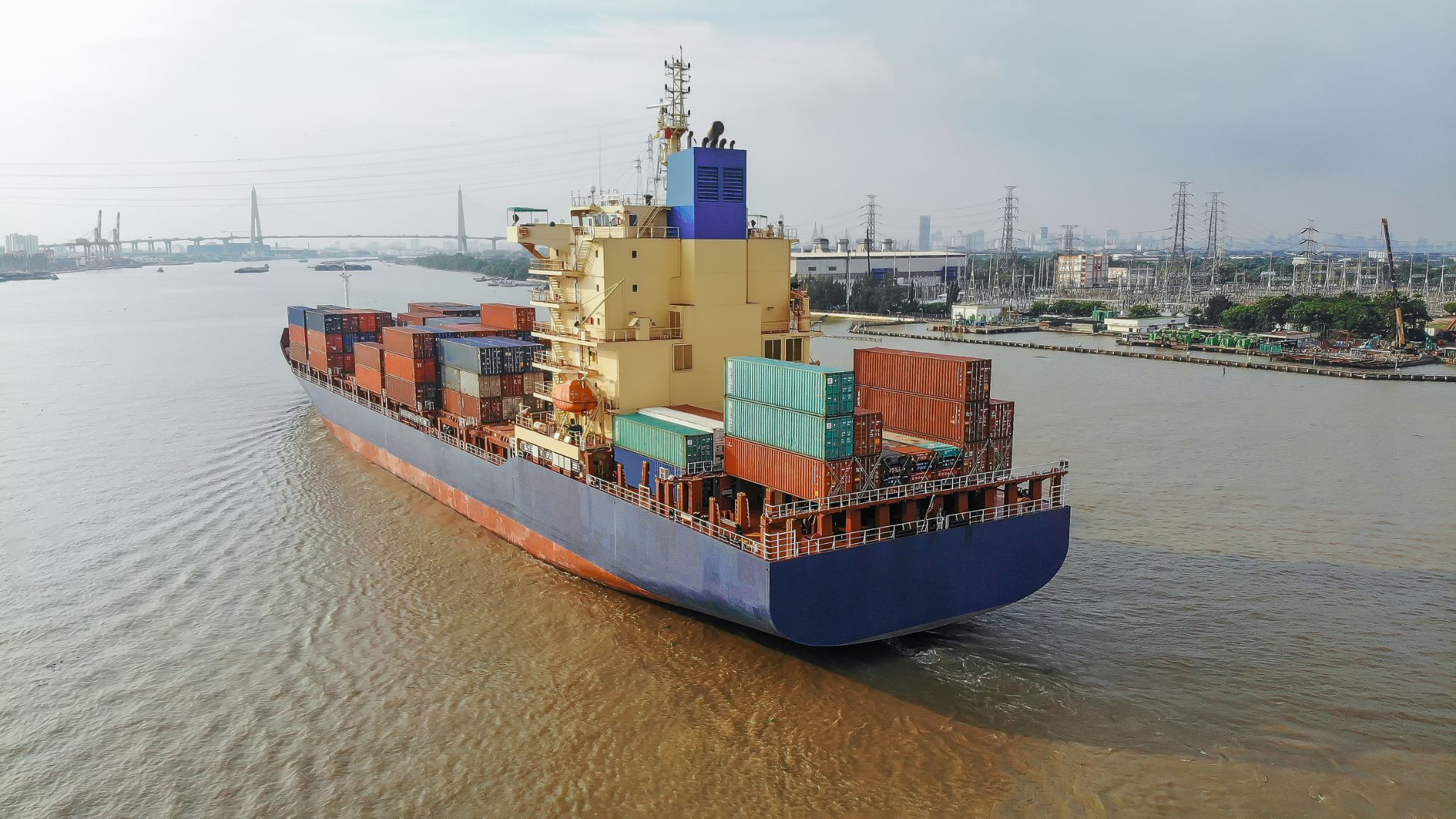 The maritime choke points threatening supply chains across the world
The maritime choke points threatening supply chains across the worldThe Explainer Houthi attacks in the Red Sea are not the only threat to global shipping, experts warn
-
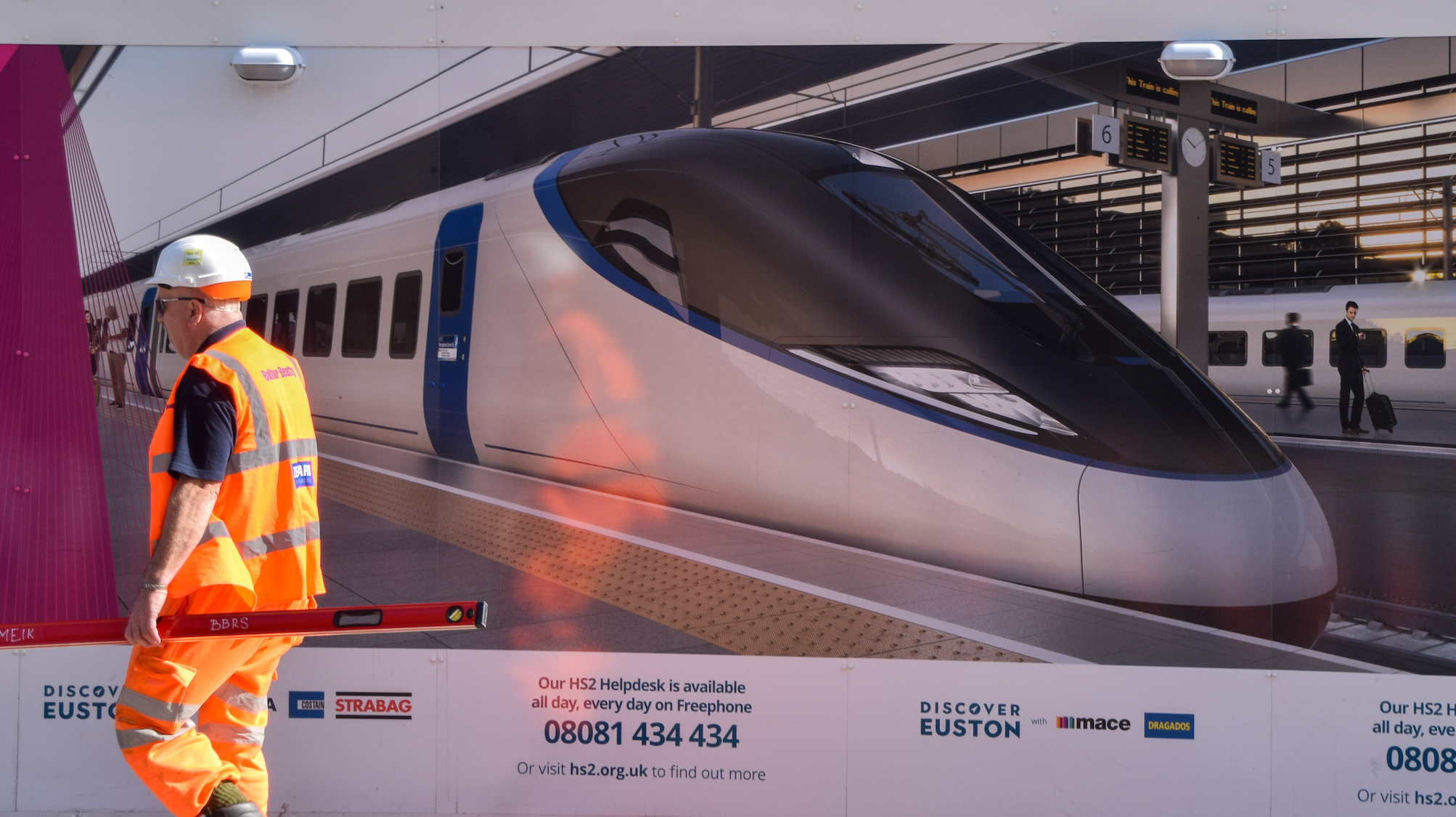 Pros and cons of HS2
Pros and cons of HS2Pros and cons The government has scrapped plans for the northern leg of the high-speed railway after spiralling costs and delays
-
 Can HS2 get back on track?
Can HS2 get back on track?Today's Big Question West Midlands mayor offers business solution to keep northern leg but final decision may rest with Labour
-
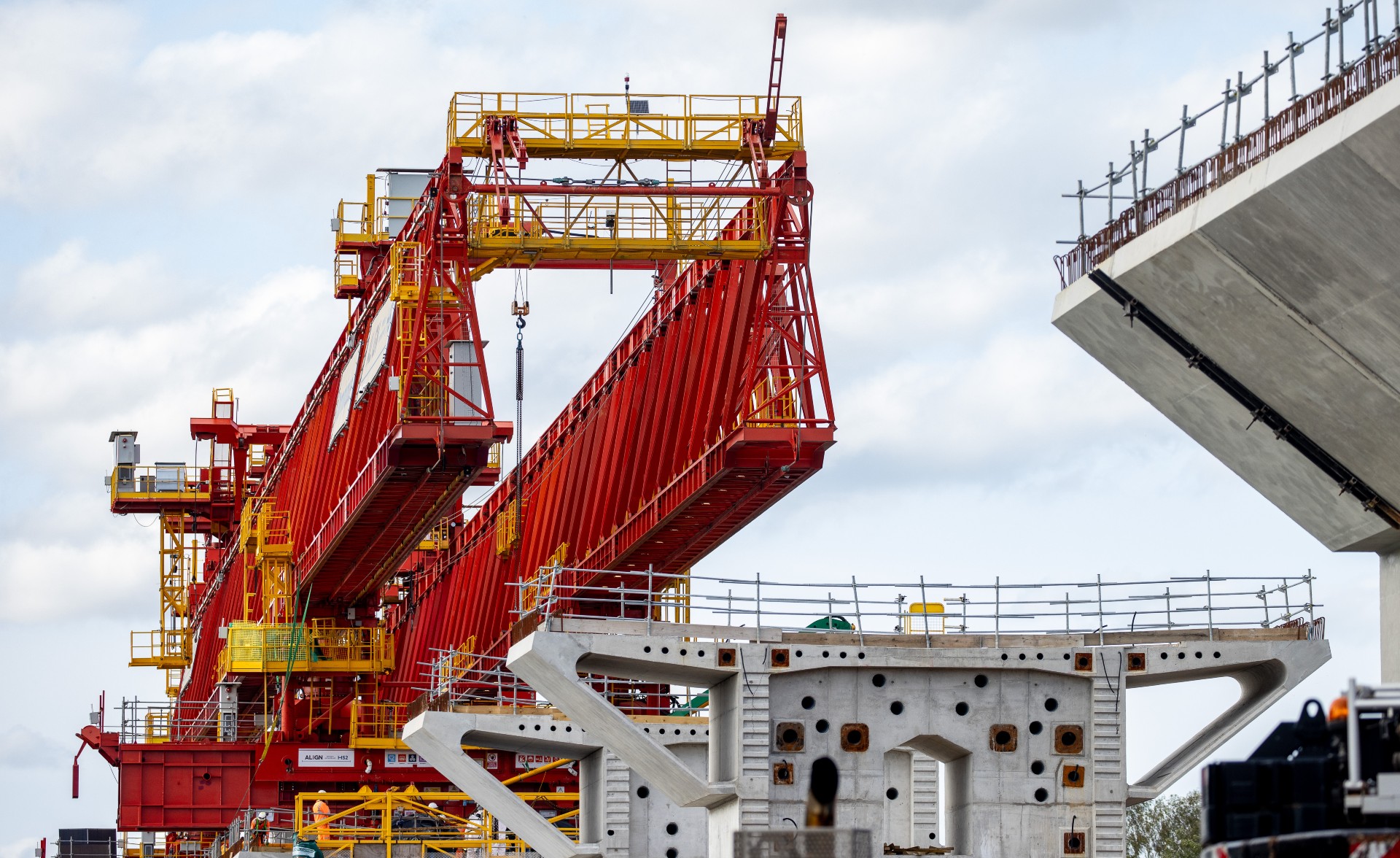 HS2: a runaway train
HS2: a runaway trainTalking Point PM may cut Manchester to Birmingham line of beleaguered rail project due to spiralling costs
-
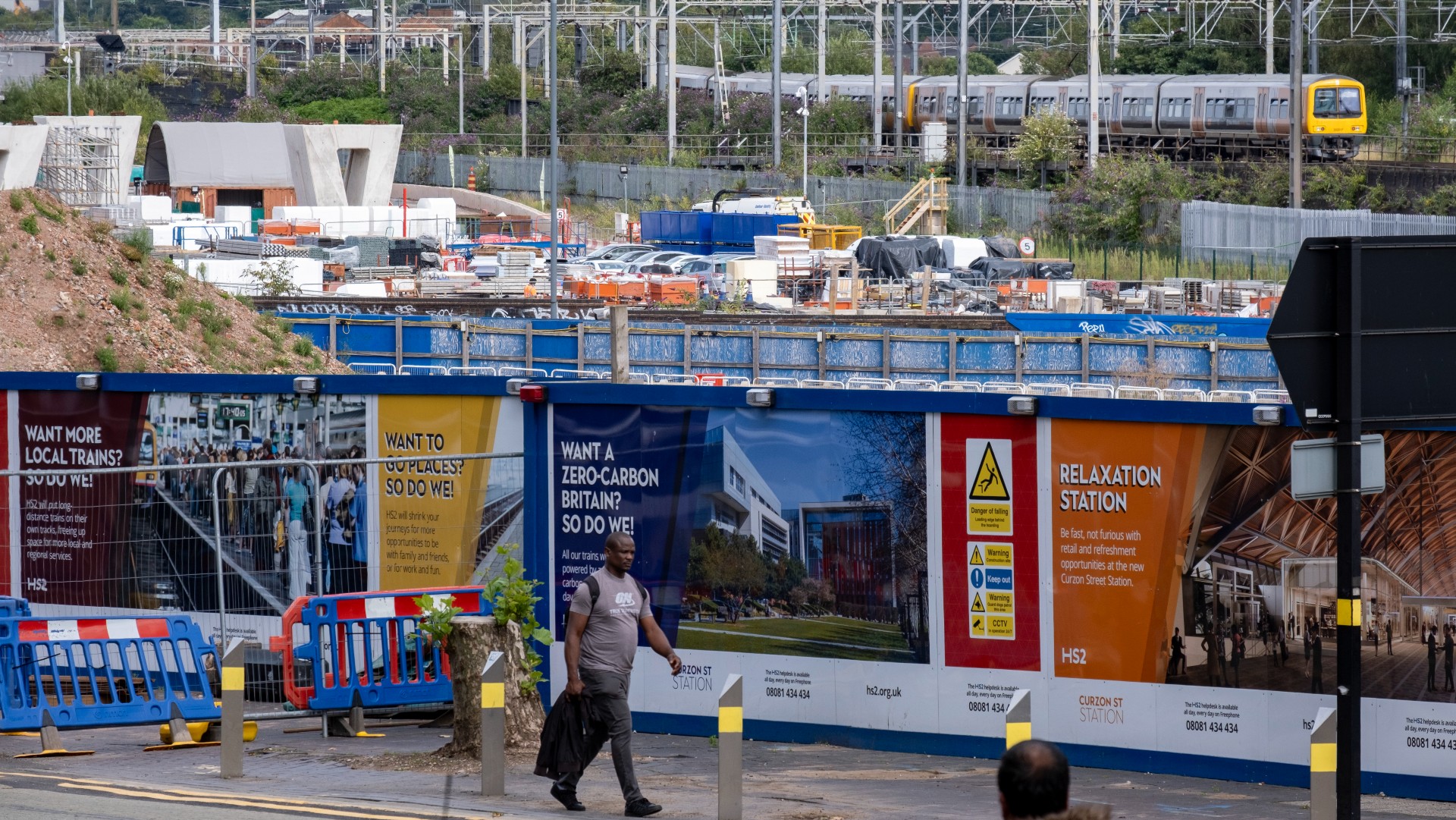 Is Britain’s infrastructure failing?
Is Britain’s infrastructure failing?feature High costs, inflation, policy uncertainty and ‘nimby’ tax have led to ‘dire state’ of UK building projects